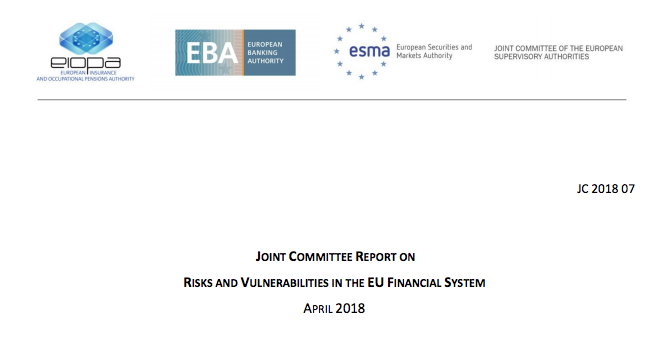The casualties of the climate crisis could include financial stability, the global economy, and the value of investments. As governments catch up to the realities of climate change and the policy response continues to gather pace, global markets need transparency into the financial impacts of climate change on companies.
The Task Force on Climate-related Financial Disclosures (TCFD) released their recommendations in 2017 to improve and increase reporting of climate-related financial information. Today, 2,000+ organizations support TCFD, including 110+ regulators and government entities across 78 countries.
Why read this guide?
It outlines the benefits of climate reporting to firms such as yours, and explains how companies and regulators are implementing the TCFD recommendations.
Firms implementing the recommendations are able to:
Efficiently identify climate-related opportunities and risks
Proactively address investors' demands for climate-related information in a framework that investors are increasingly asking for
More effectively meet current requirements to report material information in financial filings
Enhance risk management and strategic planning, through better understanding of climate risk
Bloomberg has created this guide to help you better understand the benefits of implementing the TCFD recommendations.













